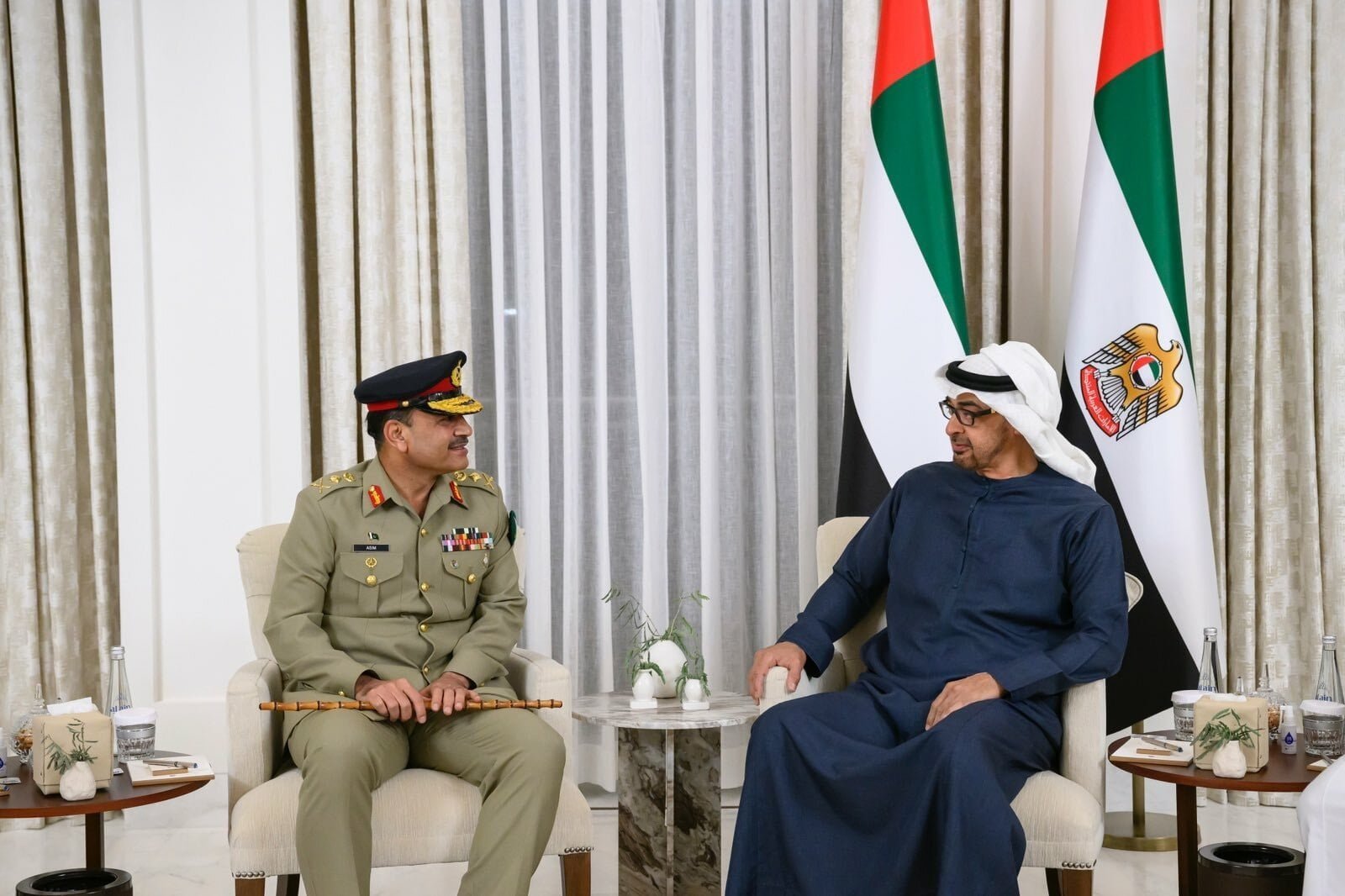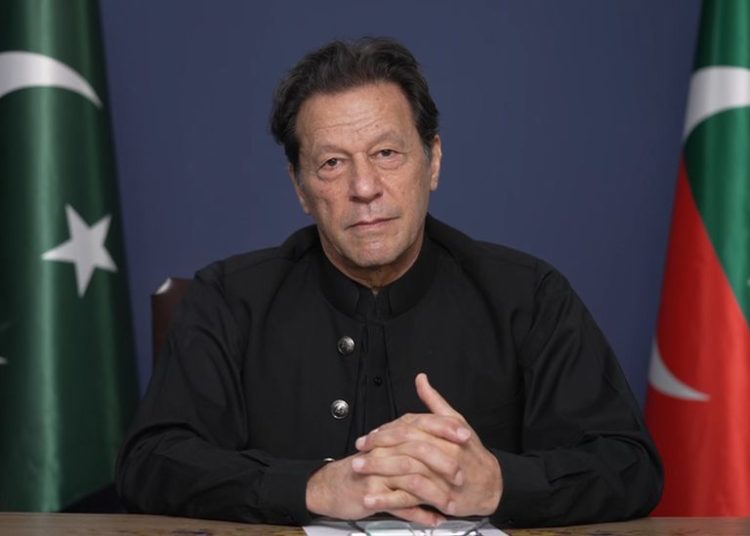Bilawal Bhutto-Zardari, Chairman of the Pakistan People’s Party (PPP), expressed that he may be forced to take a “controversial path” to pass the 26th constitutional amendment if the opposition continues to withhold support for a consensus on the judicial package.
Speaking at a rally in Hyderabad to commemorate the 17th anniversary of the Karsaz incident, he stated, “I am making one last effort to persuade the opposition to back this amendment without controversy.” He emphasized the importance of consensus for the sake of the country’s democracy, adding, “If we can’t reach an agreement, we’ll all need to pray for the future of democracy in Pakistan.”
Bilawal indicated that if the opposition remains unyielding, he would be compelled to seek support from the Pakistan Muslim League-Nawaz and others, potentially pushing the amendment through with a simple majority in Parliament.
He noted recent failed attempts to pass the constitutional package, attributing the setback to the lack of support from key opposition figures. The government currently needs a two-thirds majority to move forward but reportedly falls short by 13 votes in the National Assembly and nine in the Senate.
Bilawal acknowledged the possibility of achieving the required votes through “conscience voting” yet maintained that he prefers to reach an agreement with the opposition first. He underscored the necessity of establishing equal representation from all provinces in any proposed constitutional bench, stating, “If the opposition refuses to cooperate, I will reluctantly have to take a contentious route.”
In his discussions with Jamiat Ulema-e-Islam Fazl (JUI-F) chief Maulana Fazlur Rehman and other political entities, he sought to create a constitutional bench with fair representation. He also praised Chief Justice Qazi Faez Isa for his significant rulings, highlighting past injustices that needed to be addressed.
Bilawal responded to PTI leaders’ requests for a meeting with imprisoned founder Imran Khan, stating he arranged the visit but was uncertain if it had taken place. He emphasized the urgency for political unity and the importance of respecting Parliament and the Constitution to avoid future abuses.
Ultimately, he reinforced the need for collective action towards making meaningful constitutional changes and urged the opposition to consider the long-term implications of their decisions. “Think of the future,” he implored, reiterating his commitment to collaborate across party lines for the betterment of the country.
















